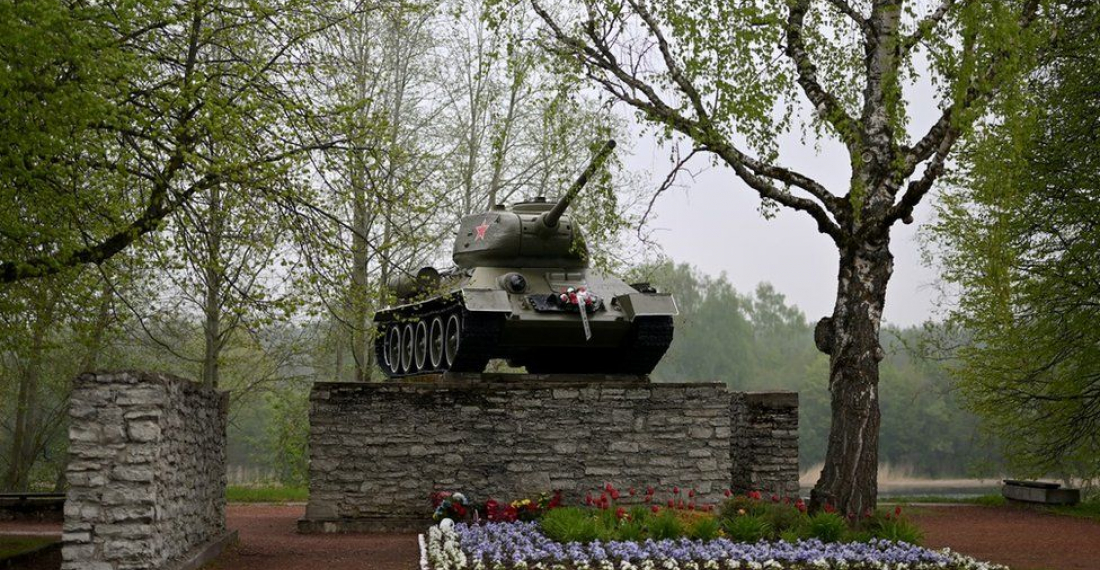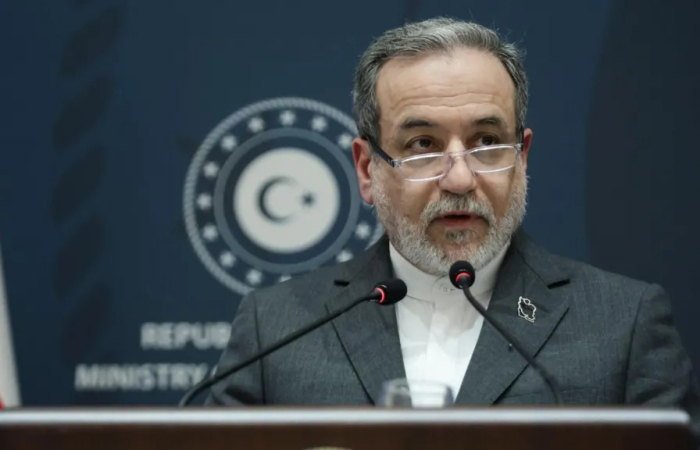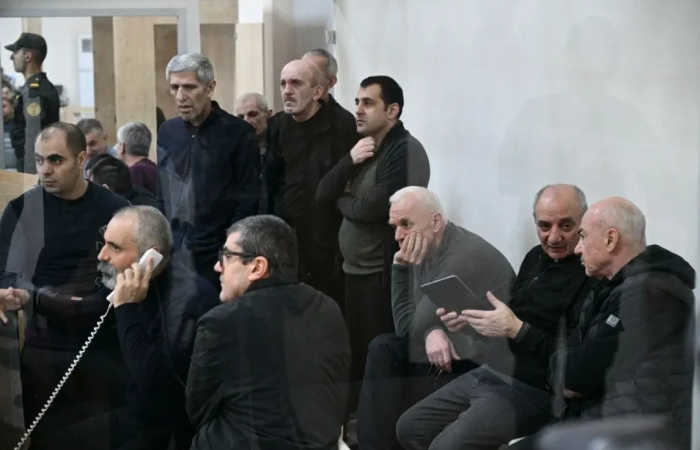Estonia has removed a Soviet-era World War II memorial from Narva, a large Russian-speaking majority city, accusing Russia of using such monuments to stir up tensions.
In a controversial move that is likely to bring relations with Russia to a new low Estonia has decided to remove a tank which formed part of the War memorial in the town which is close to the Russian border.
People in the Baltic States fought on both sides during WWII, and issues regarding remembrance activities and monuments remain highly sensitive and controversial.
Prime Minister Kaja Kallas said in a statement that the move was a response to “increasing tensions and confusion around memorials in Narva”.
“We must act quickly to ensure public order and internal security,” she said on Tuesday.
Local opposition to removing the monument had sparked fears of a repetition of the rioting that broke out in Tallinn in 2007 due to the removal of a Soviet monument.
A World War II-era T-34 tank that formed part of the memorial in Narva will be taken to the Estonian War Museum and a mass grave of wartime victims will instead be given a “neutral grave marker”.
Narva’s mayor Katri Raik had previously refused to hand the tank over to the museum.
The memorial is a focus for annual Victory Day commemoration ceremonies in the city and Narva city council had failed to reach a decision about the removal of the monument despite a government order to do so before the end of the year.
Foreign minister Urmas Reinsalu said Russia was trying to exploit “internal divisions” in Estonia.
Kallas said, “We will not afford Russia the opportunity to use the past to disturb the peace.”
Interior minister Lauri Laanamets said it was “in the interests of public order and internal security to remove the monuments in question before a further increase in tensions around them”.







